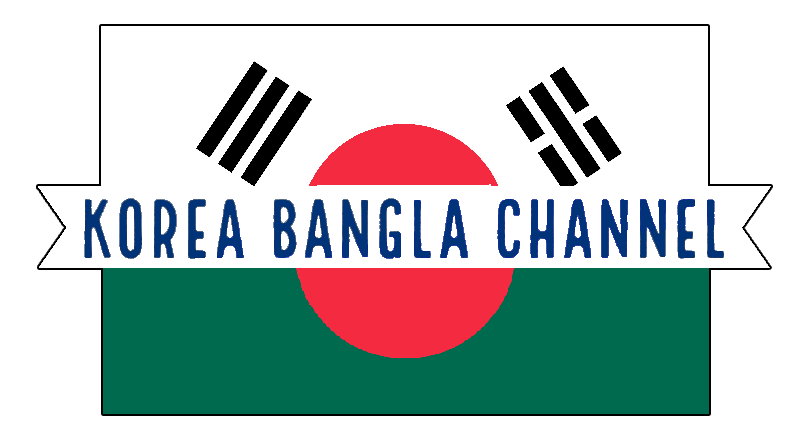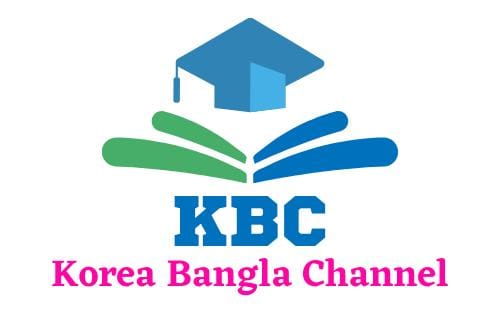কোরিয়ান শব্দার্থ

Korean Word For Place
여기 (yeogi) – “Here”
그곳에 (geugos-e) – “There”
장소 (jangso) – “Place”
학교 (haggyo) – “School”
가게 (gage) – “Shop”
일 (il) – “Work”
화장실 (hwajangsil) – “Bathroom”
도시 (dosi) – “City”
나라 (nara) – “Country”
기차역 (gichayeog) – “Train station”
방 (bang) – “Room”
대한민국 (daehanmingug) – “South Korea”
Korean Words for Things
것 (geos) – “Thing”
아무것도 (amugeosdo) – “Nothing”
뭔가 (mwonga) – “Something”
집 (jib)- “House”
차 (cha) – Car”
말 (mal) – ““Words”
언어 (eon-eo) – “Language”
물 (mul) – “Water”
영화 (yeonghwa) – “Movie”
Korean Words for People
여자 (yeoja) – “Woman”
남자 (namja) – “Man”
소녀 (sonyeo) – “Girl”
소년 (sonyeon) – “Boy”
친구 (chingu) – “Friend”
사람 (saram) – “Person”
가족 (gajok) – “Family”
이름 (ileum) – “Name”
25 Common Korean Verbs
These are the 25 most common Korean verbs you need to know. You can say a lot with only these 25, especially with verbs like 하다 and 있다 which combine with other words and nouns to form new verbs.
하다 (hada) – “To do”
있다 (issda) – “To be, there is”
지다 (jida) – “To become”
말하다 (malhada) – “To say”
오다 (oda) – “To come”
가다 (kada) – “To go”
할 수 있다 (hal su issda) – “To be able to do”
보다 (boda) – “To see”
보내다 (bonaeda) – “To send”
가지다 (gajida) – “To have”
기다리다 (gidalida) – “To wait”
만나다 (mannada) – “To meet”
살다 (salda) – “To live”
생각하다 (saeng-gaghada) – “To think”
주다 (juda) – “To give”
받다 (badda) – “To receive”
알다 (alda) – “To know”
만들다 (mandeulda) – “To make”
사용하다 (sayonghada) – “To use”
배우다 (baeuda) – “To learn”
먹다 (meogada) – “To eat”
마시다 (masida) – “To drink”
웃다 (udda) – “To laugh”
읽다 (ilgda) – “To read”
쓰다 (sseuda) – “To write”
19 Simple Korean Adjectives and Adverbs
There are so many adjectives you could use to add color to your Korean. But these are some of the basic Korean words to get started with. They’re super helpful as descriptive words, especially if you don’t know the right one for what you’re describing.
많은 (manh-eun) – “Many, lots of”
조금 (jogeum) – “Few”
큰 (keun) – “Big”
작은 (jageun) – “Small”
긴 (gin) – “Tall”
짧은 (jjalb-eun) – “Short”
가까이에 (gakkaie) – “Near”
멀리 (meolli) – “Far”
좋은 (joeun) – “Good, nice”
나쁜 (nappeun) – “Bad”
쉬운 (swiun) – “Easy”
어려운 (eoryeoun) – “Difficult”
아름다운 (aleumdaun) – “Beautiful”
못생긴 (mossaenggin) – “Ugly”
맛있는 (masissneun) – “Delicious”
뜨거운 (tteugeoun) – “Hot”
춥다 (chubda) – “Cold”
매우 (maeu) – “Very”
재미 (jaemi) – “Enjoyable”
5 Core Korean Conjunctions and Connectors
Conversation connections are the keys to sounding fluent in any language. They help smooth out your sentence transitions and give you a moment to think about what you want to say. These five are the most helpful:
그러나 (geuleona) – “But, however”
또한 (ttohan) – “Also”
예를 들어 (yeleul deul-eo) – “For example”
그래서 (geulaeseo) – “So”
그때 (geuttae) – “Then”
Bonus: 10 Cool Korean Words and Slang to Boost your Korean Vocabulary
You always need some cool Korean slang words to add to your memory bank! These seven slang terms are a good place to start so you sound more natural in Korean.
대박 (daebak) – “Amazing, great”, or “that’s crazy”
짱 (jjang) – “The best, awesome”
꿀잼 (kkuljaem) – “Fun, interesting, or funny”
닭살 (dalgsal) – “Cheesy”
극혐 (geughyeom) – “Totally disgusting/repulsive”
불금 (bulgeum) – “TGIF”, “Burning Friday” or “Golden Friday”
행쇼 (haengsyo) – “Be happy” (a trendy phrase made popular by K-Pop idol, G-Dragon)
헐 (heol) – “OMG, no way”
ㅋㅋ (kk) – “haha” or “lol” (Only used in text)
만렙 (manleb) – “Level 10,000” (or as I like to think of it… “It’s over 9,000!”)
